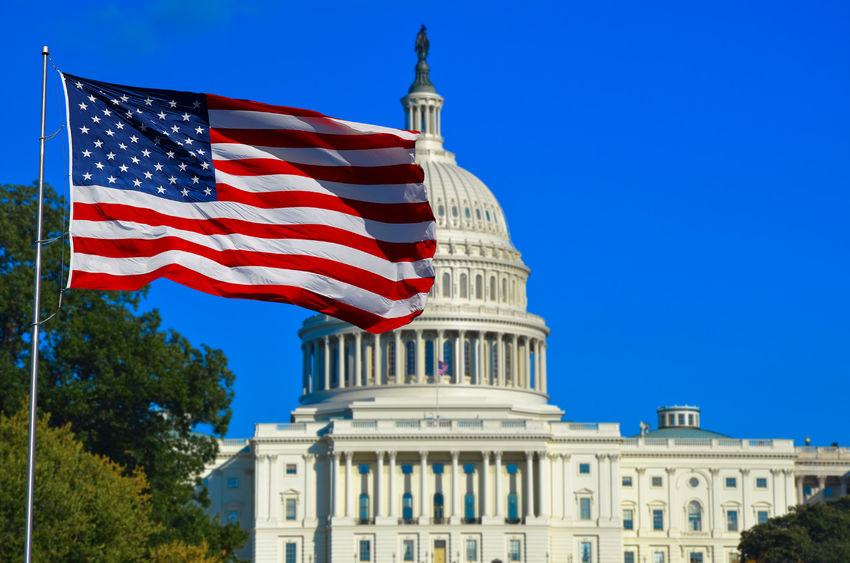
The real impact of the Brexit vote is less severe than the initial market reaction suggested, says Toronto-based CIBC World Markets Inc. in a report released today, but the impact on confidence will nevertheless slow the pace of rate hikes in the U.S.
CIBC is revising its U.S. rate outlook in response to the U.K. referendum. Previously, the firm was expecting a U.S. rate hike in September. Now, CIBC says, that rate move “looks less likely to materialize.”
As a result, CIBC has dropped that projected move from its U.S. rate forecast. It now expects just one 25 basis-point (bps) hike in December, followed by two more 25-bps hikes in 2017. “Overall, then, short U.S. rates will be about a quarter-point lower than previously projected through 2017, and longer rates will also be slower to climb,” it says.
While the report stresses that the tangible fallout from the Brexit in North America will be modest, the impact on confidence in the global economy is driving the revised outlook. “Financial market perceptions are fragile in what was already a relatively sluggish global growth environment,” it says, “and a [U.S. Federal Reserve Board] that has promised to be ‘only gradual’ in raising rates will take the current uncertainty as a reason to be even more careful ahead.”
The report indicates that CIBC continues to expect the Bank of Canada (BoC) to stand pat through the third quarter of 2017, before hiking rates by 25 bps in the fourth quarter next year. The firm says its outlook for the BoC over the next several quarters is unaffected, but that “the long end of the Canadian curve will also follow a more shallow path toward higher rates in the quarters ahead.”
Photo copyright: surangaw/123RF